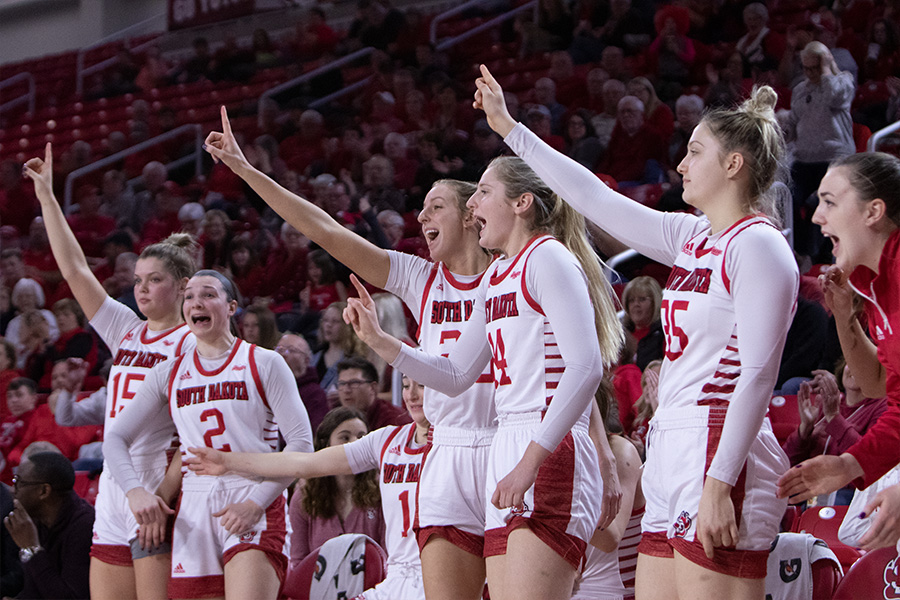Helmsley Trust Boosts American Indian Public Health Program
BISMARCK, N.D. (AP) — A charitable trust established by the late hotel and real estate baroness Leona Helmsley is giving North Dakota State University $750,000 to create an endowed scholarship fund for graduate students in American Indian public health.
The state of North Dakota is providing another $375,000 through its Higher Education Challenge Fund, which provides matching funds for efforts to advance academics.
Officials bill the NDSU master’s program launched last school year as the only one in the country designed specifically to prepare graduates to work with Native American populations. It now has 14 students from around the country, Program Director Donald Warne said Monday.
“I really feel like we’re going to be able to make a meaningful impact on American Indian health disparities moving forward, because we will have more public health professionals well-trained in issues that affect Indian health,” said Warne, a Kyle, South Dakota, native and enrolled member of the Oglala tribe in that state.
Those issues include high rates of diabetes, cancer, infant mortality and suicide. Statistics from the Indian Health Service show that American Indians and Alaska Natives have a life expectancy that is more than four years fewer than the rest of U.S. citizens.
The scholarship fund announced Monday will provide four scholarships of about $10,000 each year, the first of which will go out for the fall 2016 semester.
“The Trust is delighted to support NDSU in this pioneering effort to develop and sustain the workforce of health professionals who are committed to serve American Indians, perhaps the most medically underserved population in the nation,” Shelley Stingley, program director of The Leona M. and Harry B. Helmsley Charitable Trust’s Rural Healthcare Program, said in a statement.
The scholarship fund will help students financially and benefit underserved citizens, Warne said.
“People in rural areas, especially American Indians, often have difficulty accessing quality health services because of lower-than-average incomes, geographic isolation and a severe shortage of health professionals,” he said. “Many of the students in this program are from underserved communities right here in North Dakota, and their plans are to go back and work with those populations.”
NDSU is working on agreements to enable students at two other schools to take part in the master’s program, Warne said. He declined to identify the schools while negotiations are ongoing. One is a medical school and one is a health administration school, he said.
“I’m more than happy to share the curriculum, because the (health) problems are so great that no one institution can solve them all,” he said.
___
Follow Blake Nicholson on Twitter at:

